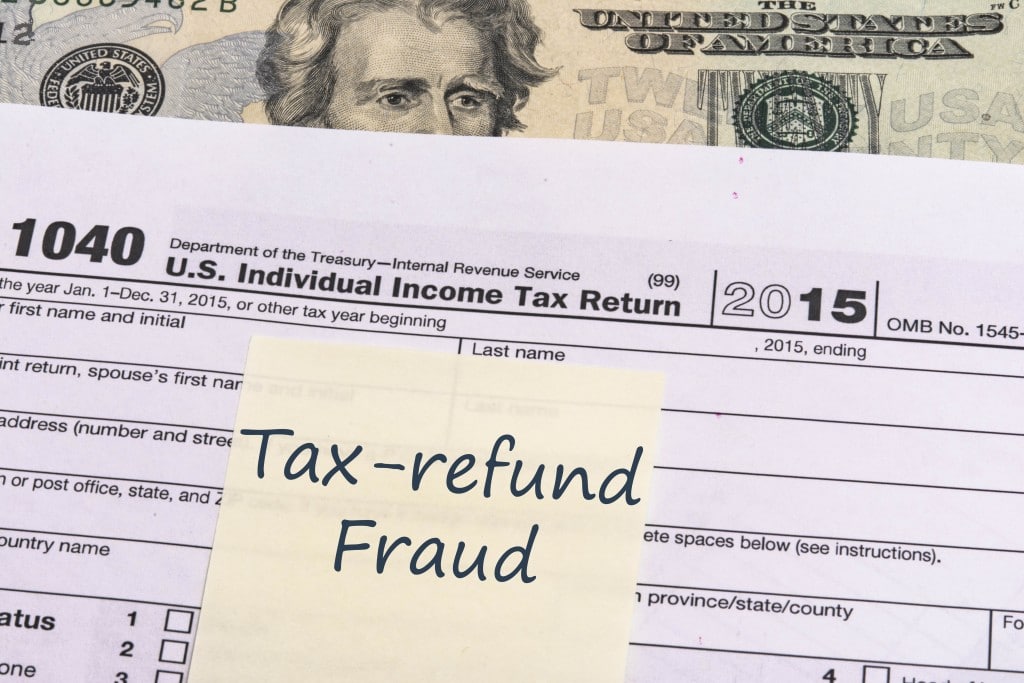How can you minimize the chance of becoming a victim of identity theft?
- Don’t carry your Social Security card or any document(s) with your SSN on it.
- Don’t give a business your SSN just because they ask. Give it only when required.
- Protect your financial information.
- Monitor all three credit reports, there are many credit monitoring services available.
- Secure personal information in your home.
- Protect your personal computers by using up-to-date firewalls, anti-spam/virus software, update security patches, and change passwords for Internet accounts.
- Don’t give personal information over the phone, through the mail, over email, or enter it on insecure websites unless you have initiated the contact or you are sure you know who you are dealing with.
Tax Identity theft is an increasingly popular crime. Criminals can sit at their computer in the comfort of their own home relaxing in their pajamas, sipping a cup of coffee, as they steal your hard earned tax refund. In 2011, cases of this crime were up almost 100% from the previous year with about 700,000 victims totaling billions in stolen refund money. Some ways this crime is perpetrated are a completely legitimate refund for a return is redirected to a different account, or a false (early) return with only the social security and name remaining accurate is filed and a refund is sent to a false address, debit card, or account. Thieves have also used the social security number and name of minors, those who don’t normally file tax returns, and even those who are deceased. Since the IRS issues refunds prior to employers and financial institutions providing income and withholdings documents, there is no verification needed and criminals have an easy avenue to make millions.
One method of this fraud started when e-filing was on the rise in 2009. Criminals would set up fake store front filing locations and use the name of a well known accounting franchise to market their services. They would save returns and file them all in one grouping with a phony account. Once they knew the date of payout they would have all the funds directed to one account and then they would disappear. They also set up fake websites that looked like a popular accounting firm where they would attract tax payers who then updated personal information and this would be used by criminals to set up phony tax returns early in the year. Most people don’t find out they are victims until they file a tax return only to be told by the IRS that one has already been filed in their name with a different address or account for payment.
Those more vulnerable for ID theft occurring have exposed their personal information in situations such as hospital visits, filling out doctors office forms, losing or having a wallet stolen, and creditor or lending notification that your personal information might be at risk. The IRS has taken some steps to organize this growing problem. Those victimized or tax payers at a higher risk can fill out and file an IRS Form 14039, as well as contacting the IRS Identity Protection Specialized Unit at 1-800-908-4490 to report the problem. It could take over 200 days for a response and acknowledgment from the IRS, and a year or more for resolution.
The information the IRS provides on how to protect against this crime is general and does not address ways to find out if returns have been filed early. There are IRS sites that allow us to check on e-filed tax returns but consumers have to know the exact dollar amount the return is requesting for refund otherwise they cannot find out the status. If the IRS would set up an online filing check system where just name and social security can acknowledge status it would be an easy way for tax payers to tell if they are victims.
In many cases those who have had tax ID theft have also found accounts on their credit profiles that they do not recognize. Having a credit monitoring product or checking your credit twice a year www.annualcreditreport.com (free annually) can help to uncover issues early on.
The IRS also gives tips on how to protect yourself from tax ID theft, take a look.
Feel free to contact us with any credit questions!





